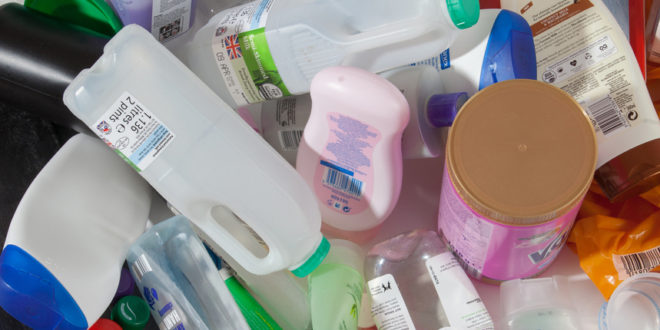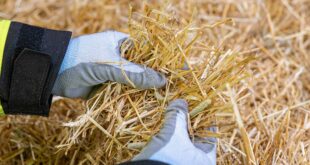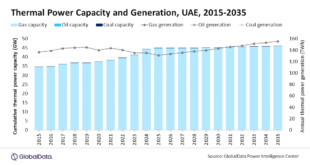Motivation for recycling must be bolstered as consumers turn their back on single-use plastics, according to a supplier of recycled plastic pallets, according to Goplasticpallets.com which supplies companies with durable recycled plastic pallets, boxes and crates made from household and business waste plastic.
Recent high profile news articles on plastics polluting the oceans and conflicting reports about the success rates of recycling could result in a confusing message, warns Jim Hardisty, Managing Director of Goplasticpallets.com.
Jim says: “Consumers and businesses want to dispose of plastics properly but need to be assured their recycling is beneficial. We supply recycled plastic items, giving them a new role as useful, safe and hygienic storage and packaging solutions.
“They can be used long-term, so this plastic won’t join the masses of single-use items that can’t be recycled and it won’t become an environmental hazard, and can be recycled again at the end of their use.
“This continuous approach or ‘loop’ and a responsible attitude towards plastic use is crucial in steering plastics away from landfill – or worse – the world’s oceans.”
His sentiment was shared by the signatories of the UK Plastics Pact, a set of pledges signed by 40 manufacturers, retailers and trade associations.
By 2025, they aim to withdraw single-use plastic packaging by way of better design and make 100% of plastic packaging reusable, recyclable or compostable.
At least 30% of that packaging must include recycled material to meet the pledge target and the signatories must make sure 70% of plastic packaging is recycled or composted.
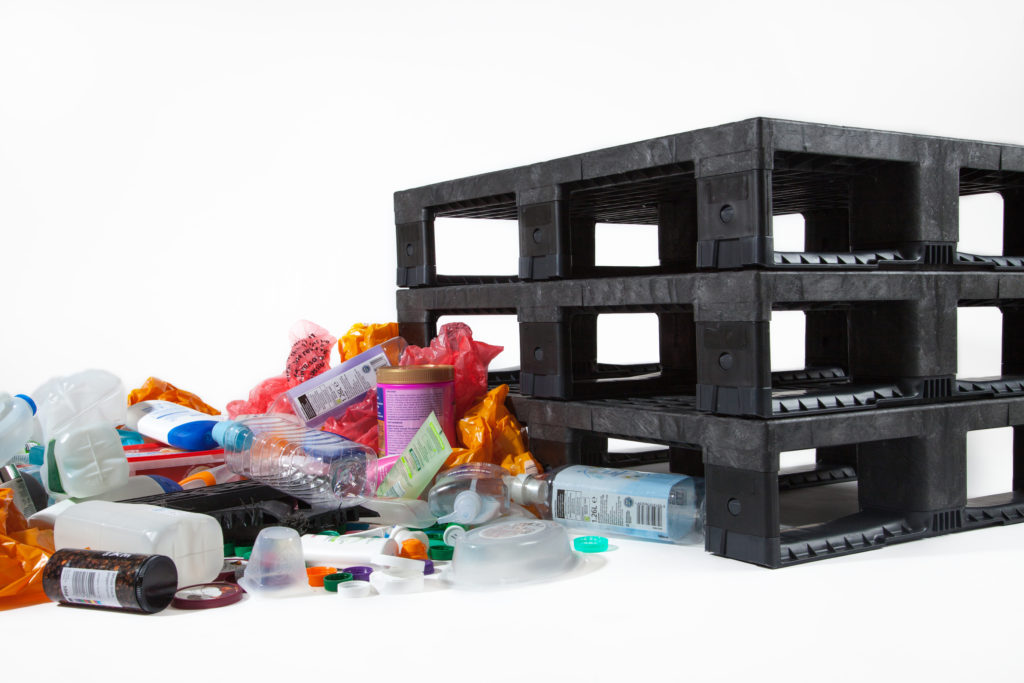
As the World Health Organisation committed to investigate the affect of plastics in drinking water on health, a deposit return scheme was being considered in England for hard-to-recycle single-use plastic bottles, as well as glass bottles and drinks cans.
Jim says: “Few of us can say we can’t improve our habits in relation to single-use plastics but it is worrying that people might feel that their efforts to recycle other less avoidable plastics are not doing any good.
“The UK has a plastic packaging recycling target of 57% by 2020 and while innovators look to make wider use of recycled plastics, I think the greatest incentive to improve recycling rates comes from showing where our efforts are making an impact.
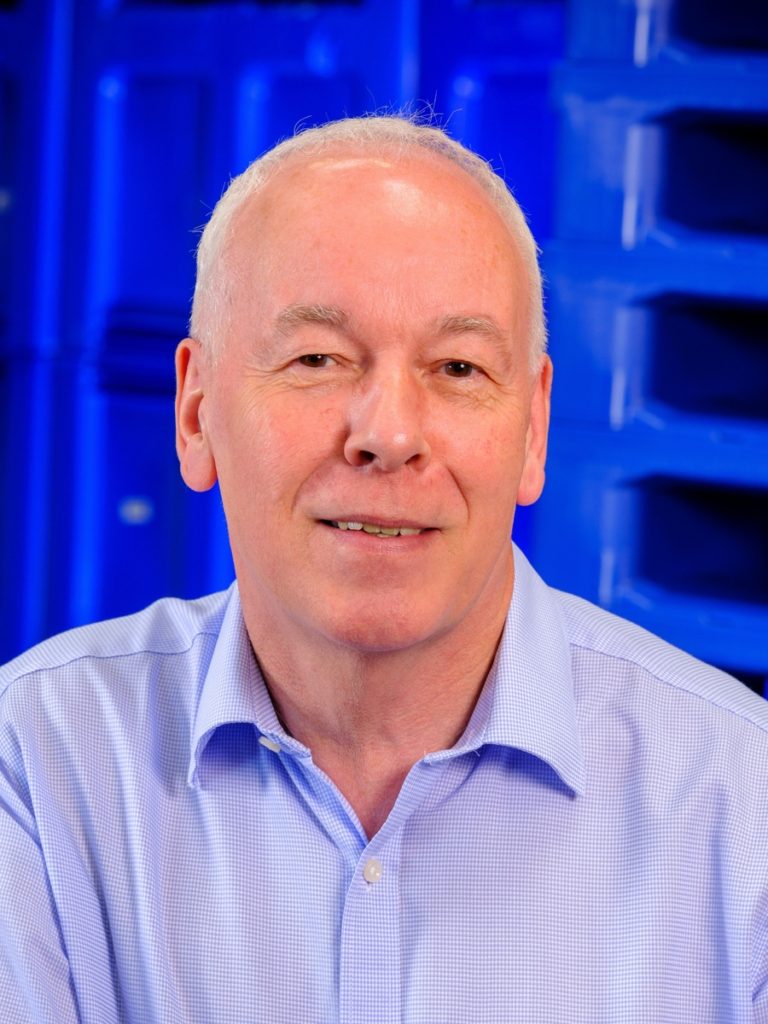
“Our recycled plastic pallets and boxes are used in many different industries over years – decades, even – and they come from exactly the things we all recycle at home.
“We can provide reassurance that recycling is part of a joined up approach to waste, and one which works to protect the environment. This goes for preventing an over-reliance on cardboard and paper, too, and the trees used to make short-life paper and cardboard packaging.”
These recycled plastic pallets, crates, trays and boxes provide safe, strong and hygienic storage and transportation for goods including medicines, car parts, food and drink and are commonly seen in supermarkets, warehouses and throughout supply chains.
The durability of the recycled material and the fact it cannot absorb contaminants provides a sustainable use for plastics redirected from waste.
A recycled pallet does not rely on new plastic made as a bi-product of oil refinery and at the end of their long use, recycled plastic pallets can be reground to be used again.
Exporter of plastic waste
Goplasticpallets.com, based in Eastbourne, East Sussex, supplies clients internationally and
is an authorised exporter of plastic waste in the form of plastic pallets and boxes.
These are shipped to CABKA_IPS’s plant in Belgium – a specialist facility for making products from recycled plastics.
There, these pallets and boxes are reground and mixed with regrind material produced from detergent bottles, shampoo bottles, plastic lids and other household plastics along with business waste such as drinks crates, recycled plastic pallets, vegetable crates and rubbish bins.
This provides a new raw material that by means of intelligent design is made into new sustainable plastic pallets and boxes for long term use in many industries.
 Engineer News Network The ultimate online news and information resource for today’s engineer
Engineer News Network The ultimate online news and information resource for today’s engineer
